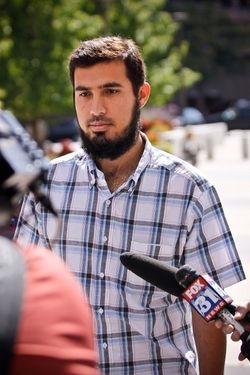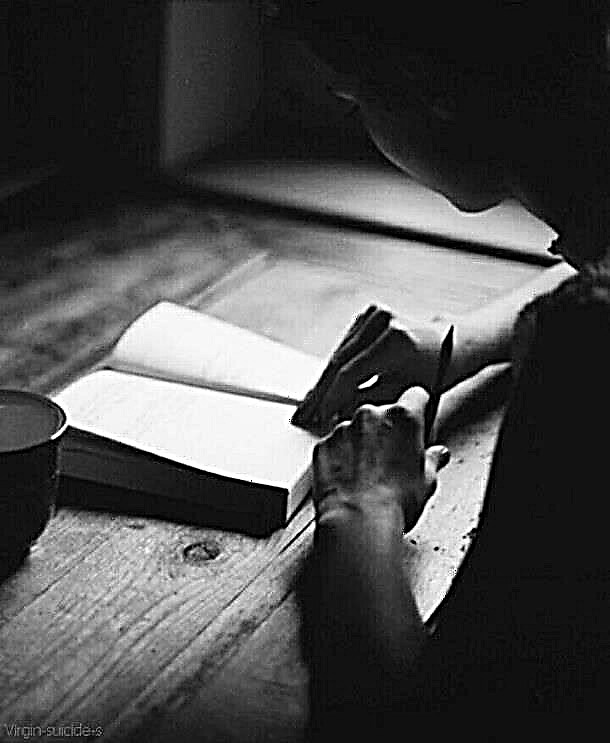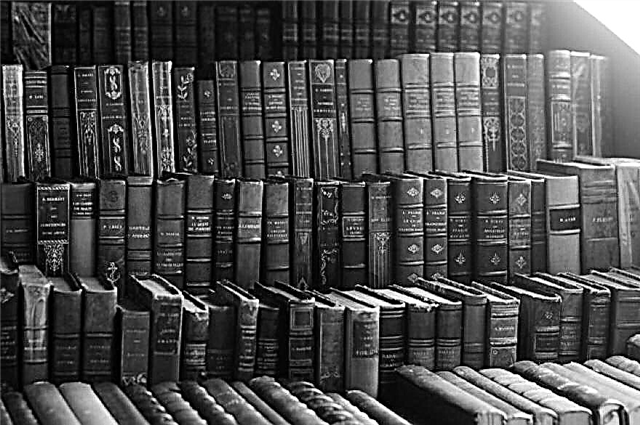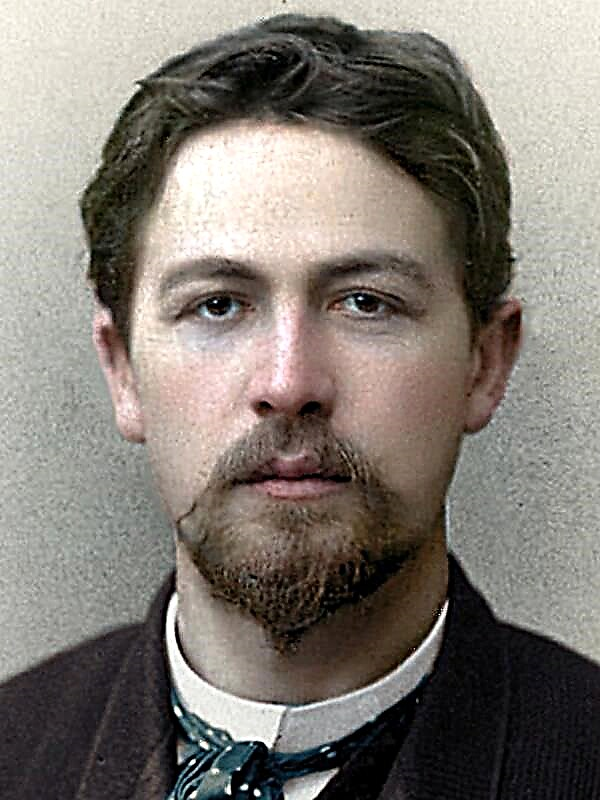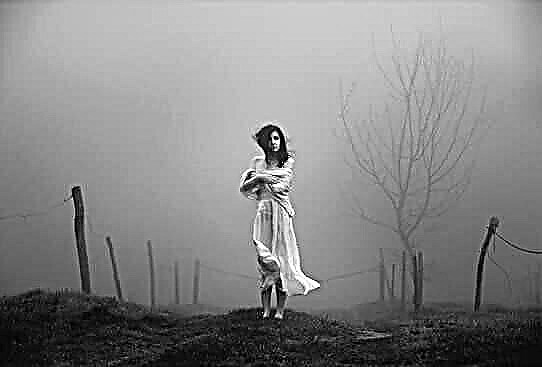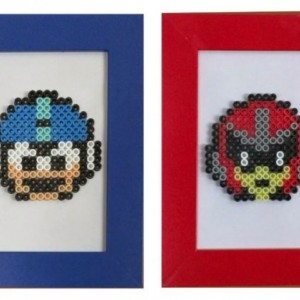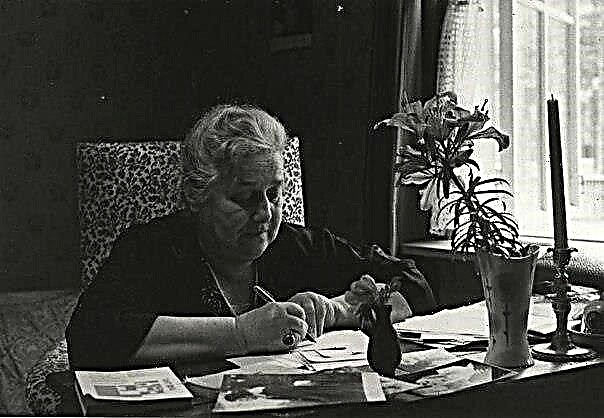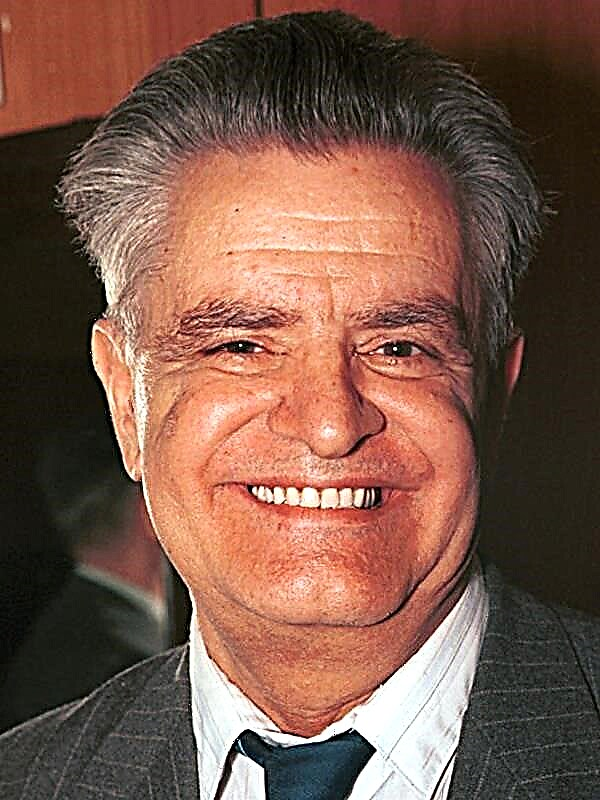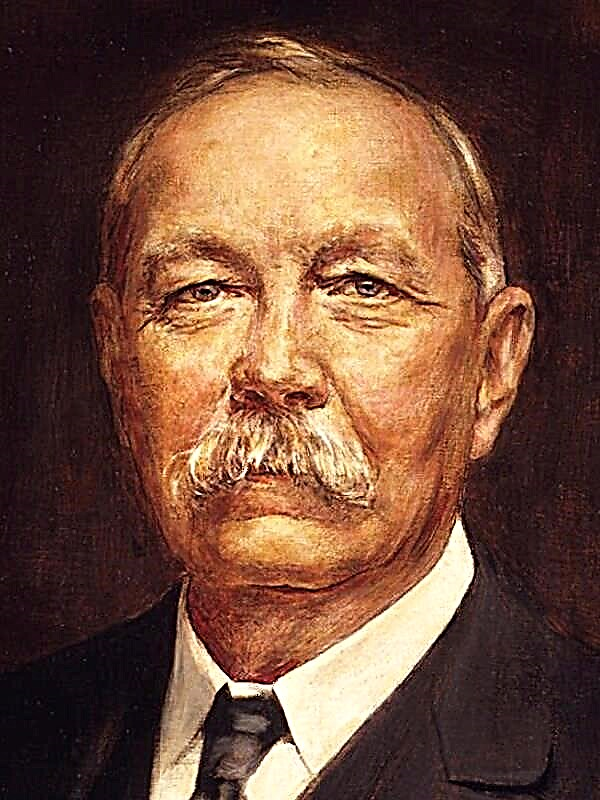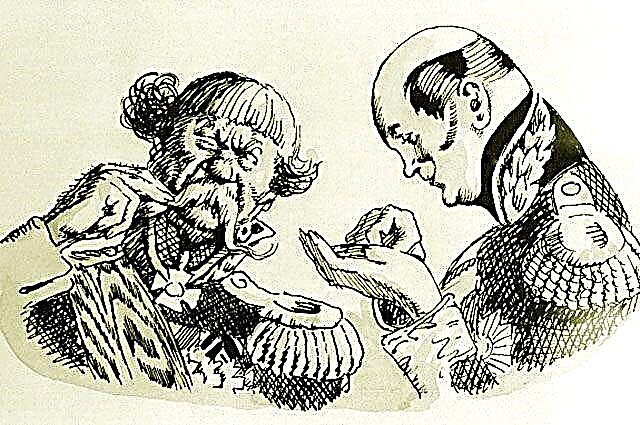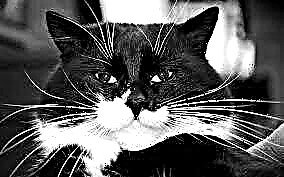The story “Get up and go” is the story of the relationship between father and son, on behalf of which the narrator-author speaks. Divided into relatively short twenty-two chapters, she honestly talks about filial feelings, sincere and spontaneous, passing from adoration to pity, from deep devotion to discharge of duty, from a sincere love of condescension and even anger. The well-established fate of the son of a writer comes into constant conflict with the fate of his father, a prisoner, an exiled father who does not have a decent and permanent place of residence.
The son’s first impressions of his father are beautiful old-fashioned banknotes associated with the word “exchange” where the father works, they are given to children to play. Then the boy has the impression that his father is the strongest, fastest and most resourceful. This view is supported by the home legend. In World War I, his father earned two St. George crosses, went on a bayonet attack, and replaced the killed commander in battle. He was impudent, his mother's fans were afraid of him. He was a winner. The well-known beautiful woman writer in Moscow wrote a whole book about how she loved her father and how jealous he was of her sister, an even more famous and beautiful woman. But once a father was arrested, sentenced to three years of "free" settlement in Siberia.The son and mother, who were left almost without money and without support, perceive the summer trip to their father in Irkutsk as a gift.
The next place where his father was exiled is Saratov, where his son feels happy, he starts collecting butterflies here and receives the first lesson from an exiled biologist who has extinguished his frenzy of gathering, which became a destructive beginning of his character. A little mature, he begins to collect maps and atlases. All the walls of his room are hung with maps of the globe and five continents, terrestrial flora and fauna. His father, who finally returned from exile, is glad to meet with the changed house and family, but is forced to leave for residence in the village of Baksheevo, the center serving the Shatursky power station. However, even here during the May pre-holiday purge of 1937, fathers were arrested, accused of arson of peat mines. The proven fact that during the fire he was in Moscow does not help either.
In the 40th year, a new meeting of the son with his father takes place in the forced labor camp. This is one of the happiest days they have lived together. During a feast in a cold hut, the son feels kind and heroic, bosses and prisoners, nice people and bastards bow to him. Everyone looks at him with enthusiasm and hope, as if he was endowed with some kind of power, and "this power is undoubtedly from literature," from the replicated printed word. “And you look like a real man,” says the father. “This is the most wonderful time, youth is much better than adolescence and youth.” After the war, father lives in Rohma, in the wilderness forgotten by God.He is thin, skin and bones, covered with yellowish skin, forehead, cheekbones, jaws, nose and some bone tubercles near the ears, which are found only in the dead from hunger. He wears boots tailored from car tires, burlap pants with two blue patches on his knees and a washed shirt. The defrauded son, who became a wealthy writer, married to the daughter of a Soviet nobleman, feels a feeling of deep pity for his father, mixed with disdain. “I felt a touch, or rather, a shadow of touch on my knee. He lowered his eyes and saw something yellow, spotty, slowly, with a timid caress creeping along my leg. Some bones pulled together by a dark, black-and-yellow membrane, a frog leg, and this frog leg was the father’s hand! ” It is sad and hard to see the father’s son at the extreme stage of physiological humiliation. But with all this, the father, as a person with pride, tells his son about the past years of grief and humiliation very sparingly, not complaining, not indignant, perhaps because he wanted to spare his son, who is young and who still has to live and live.
In Rohma, the father again works in the planning department with an arithmometer in his hands, but without the same luster, often wrinkling his forehead, apparently forgetting some kind of figure. He is still conscientious, but employees do not understand him and often humiliate him. The son is depressed by the futility of the fate of his father. But finally, the father gets the opportunity to come to Moscow, enter the old familiar apartment, take a bath, sit at the table with his family. Close relatives hide his father from friends and acquaintances, for which they often ask him to go out into the corridor, to remain in a dark room or in the restroom.
Returning to Moscow was not what it seemed to his father. His generation was greatly thinned, who disappeared into exile, who died in the war.The surviving Mohicans are old-fashioned and decent people, the father meets with them, but from the first attempts refuses to resume their former ties. Hopelessly aged, unsuccessful, crushed by fear people are not interested in him.
Shortly before his death, rejuvenated, as if having regained his former confidence, his father comes to Moscow and, as it were, gets to know her again: so much has changed around him. But, having left for Rohma, he becomes ill and no longer gets up. The son never managed to return him to the bosom of the family.

